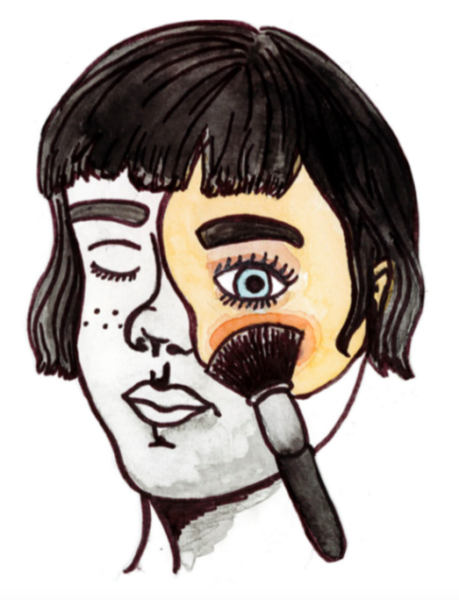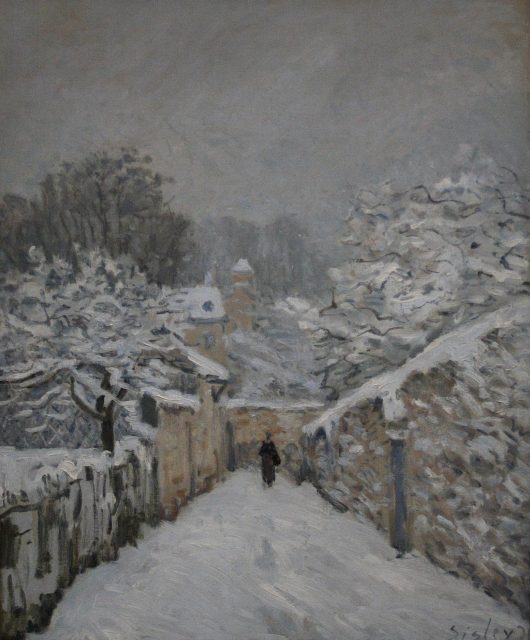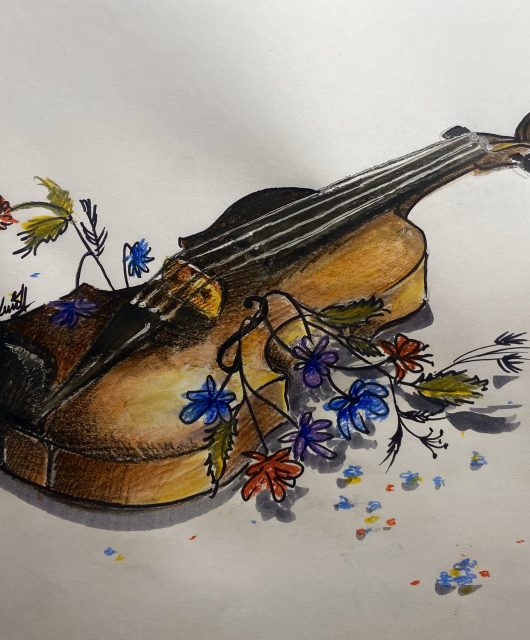
My friend’s driving and I am sitting in the passenger seat. “I am sad some- times, too,” they say, focused on the car in front of us. I, speechless, don’t know how to react so I stay quiet. This is my answer, a few months too late, but my dear naïve friend: this is for you, read carefully.
Depression is not a decision you take at 7.00am when you open your eyes and you question whether you have the strength to get out of bed. You don’t decide to be like this when you stare into the bathroom mir- ror, empty inside, and you start following the course of your tears as if they would somehow show you the way. It’s not a but- ton you press when you try to cover your tiredness with your pale make-up or when you force a warm colour onto your eyelids. You don’t consider the pros and cons when you barely have the energy to get down the stairs, and they start to seem endless, like the day ahead of you. It’s not a choice you make when you walk through the life- less streets, your head lowered because the weight on your shoulders doesn’t allow you to see the upper half, the sun, the light. All you see is the grey street that stays the same. You can’t say no to depression when you try your hardest not to fall into that familiar hole where you feel comfortable and where you are not constantly reminded that you’ll never be like them.
We did not choose this but it’s part of who we are. Try to imagine the pain we have to go through every day: people telling us to take a walk, to sleep more, to sleep less, to eat more, to eat less, that life’s hard, that others have it worse, that we have a home, friends, family, that we should be happy and grateful, that life goes on, that everyone has problems, people not believing us because they can’t see the illness, not being taken seriously, being called “lazy” and of course the winner of the worst things you can say to a person with depression: “I am sad sometimes, too.”
Thank you from the community of people “who are just sad sometimes” and in the 19th century would have been called “melancho- lic” (Edgar Allan Poe, this one’s for you).
Here’s what you can do instead:
- Listen (really listen to what we say or what we’re trying to say)
- Don’t just assume that you know how we feel and what we’re going through
- Don’t generalise depressed people; we all experience it diffrently
- Check up on us even if we seem “fine”
- Don’t be scared to ask questions






